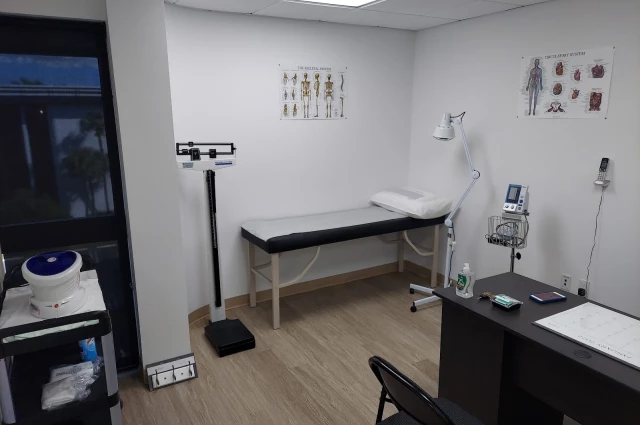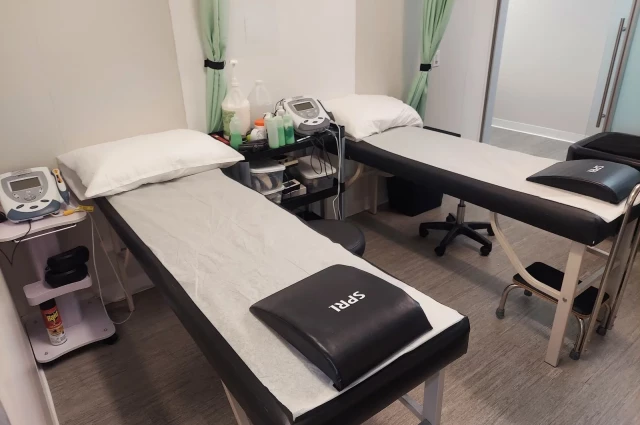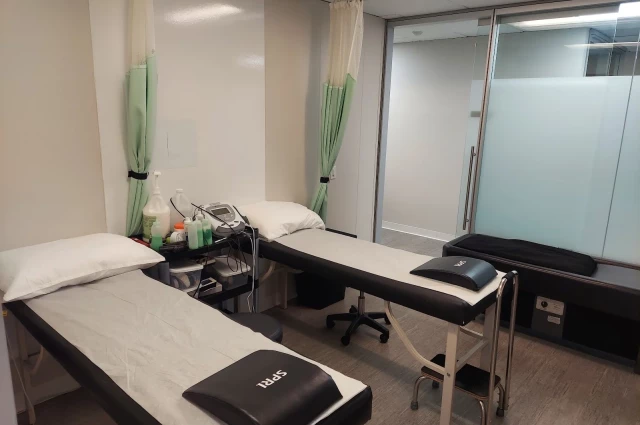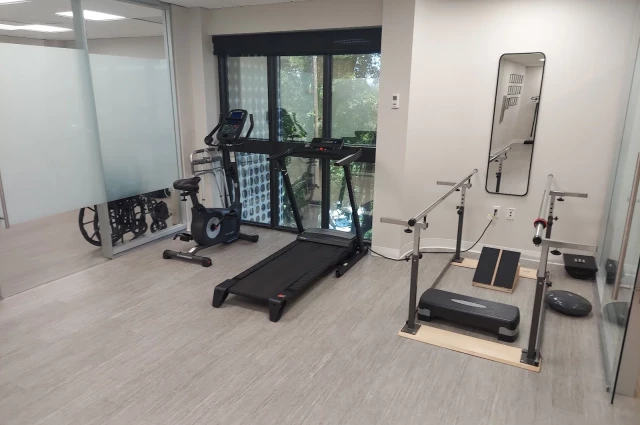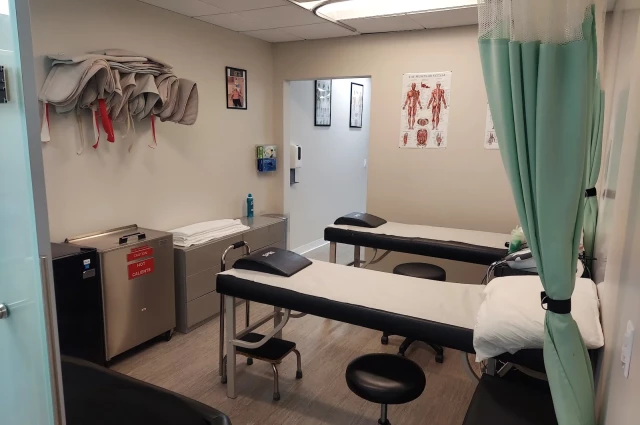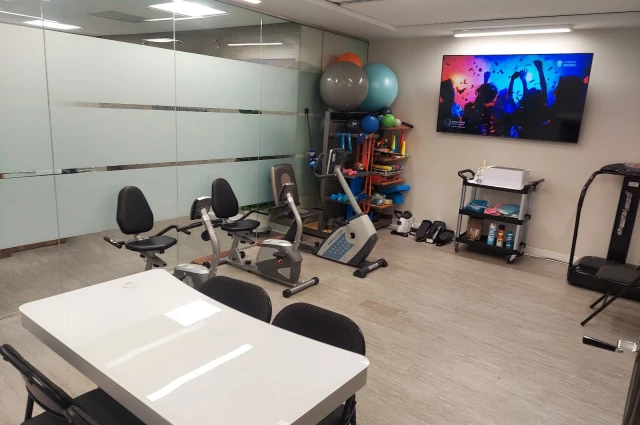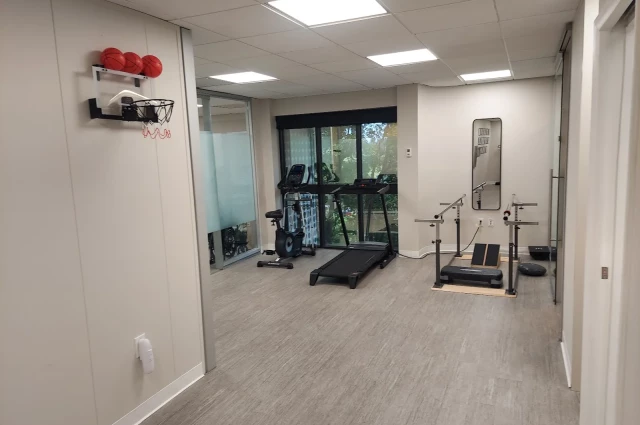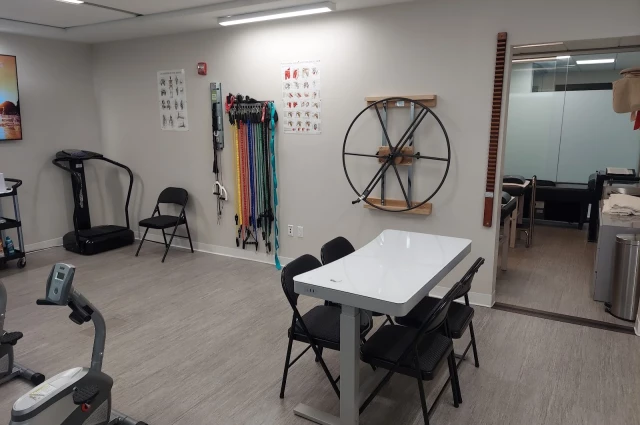Miami Dade Rehab Services Bureau 3190 NW 116th street Information
Treatment
Who We Treat
- Young Adults (18–25)
- Male and Female
Approaches
- 12-Step-Based
- Twelve Step
- Family Therapy
- Group Therapy
- Cognitive Behavioral Therapy (CBT)
- Motivational Interviewing
- 1-on-1 Counseling
- Online Therapy
- Relapse Prevention Counseling
Conditions We Treat
- Gambling
- Anger
Languages
- English
- Spanish
Aftercare
- Outpatient Treatment
- Intensive Outpatient Program
- Employment Counseling
- Continuing Care
- Employment/Vocational Counseling
Level of Care
- Outpatient
- Aftercare/Continuing Care
Experience
Smoking and Vaping Policy
- Smoking Allowed in Designated Areas
- Vaping Not Allowed
Accreditations
-
Council on Accreditation (COA)
The Council on Accreditation (COA) is a non-profit that provides accreditation to human services organizations to ensure they meet high standards in service delivery. The accreditation process involves evaluating the organization's policies, practices, and services to meet specific standards.
Find the best treatment options. Call our free and confidential helpline today!
